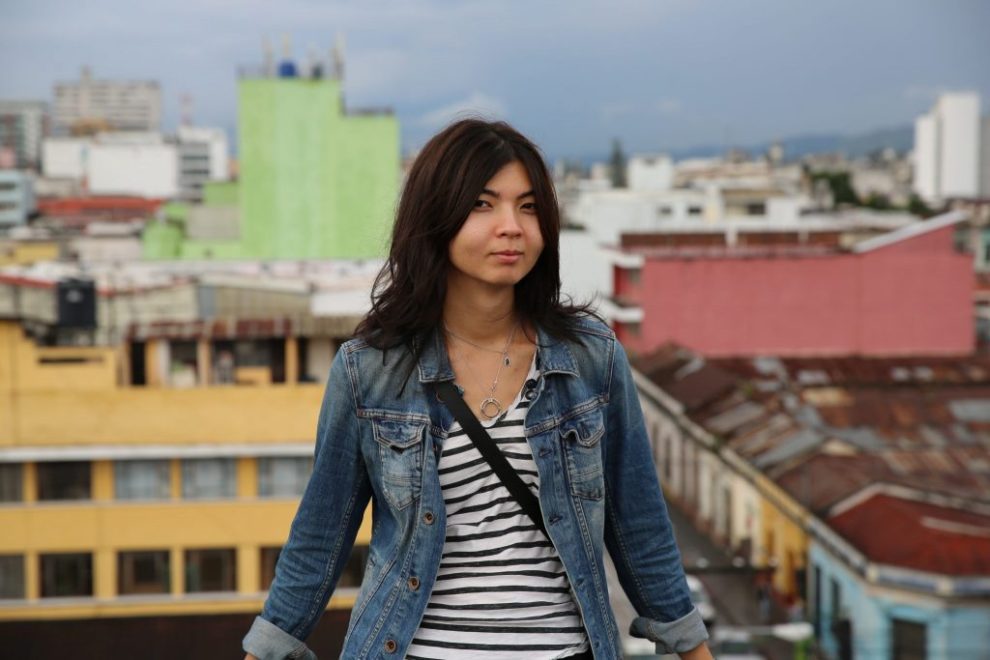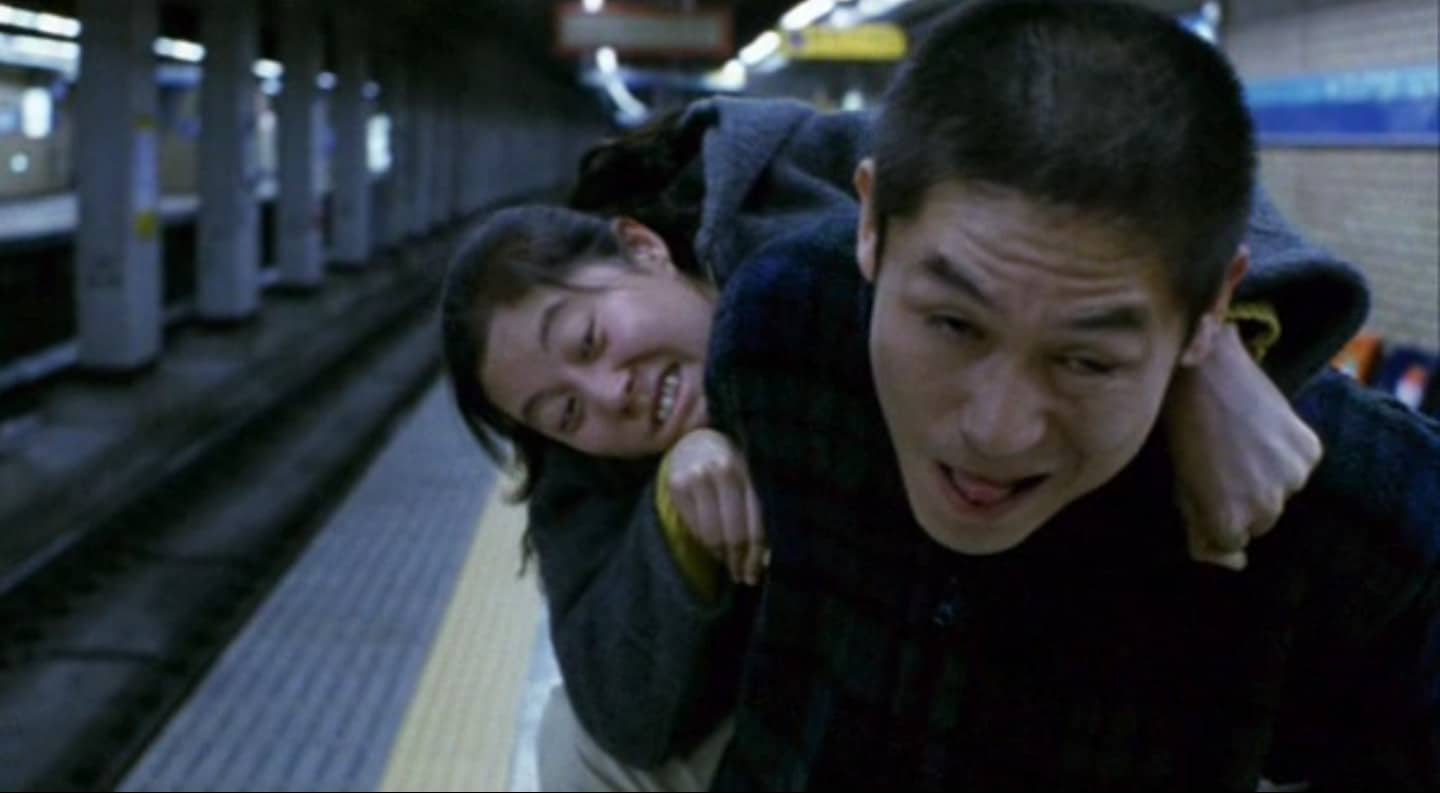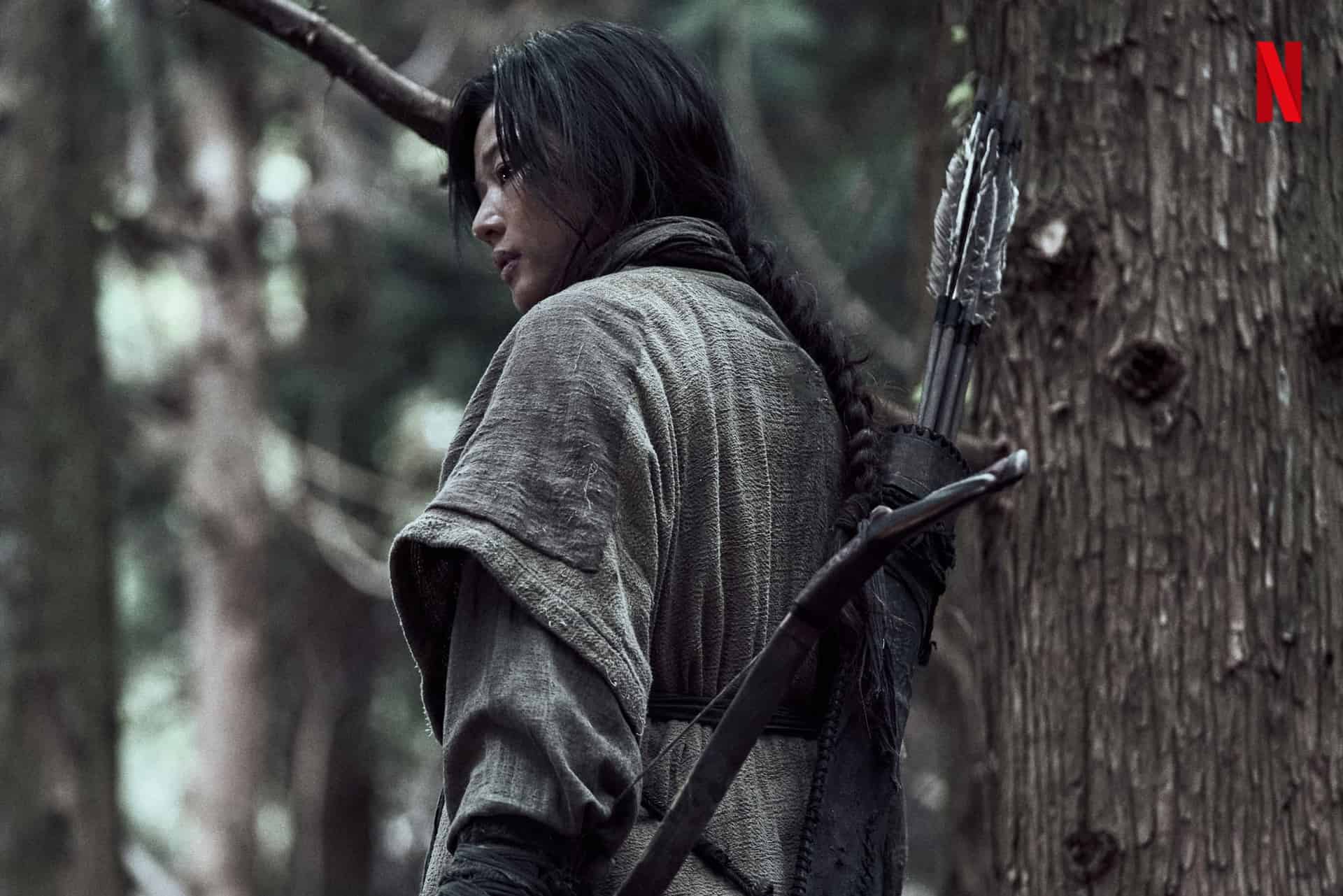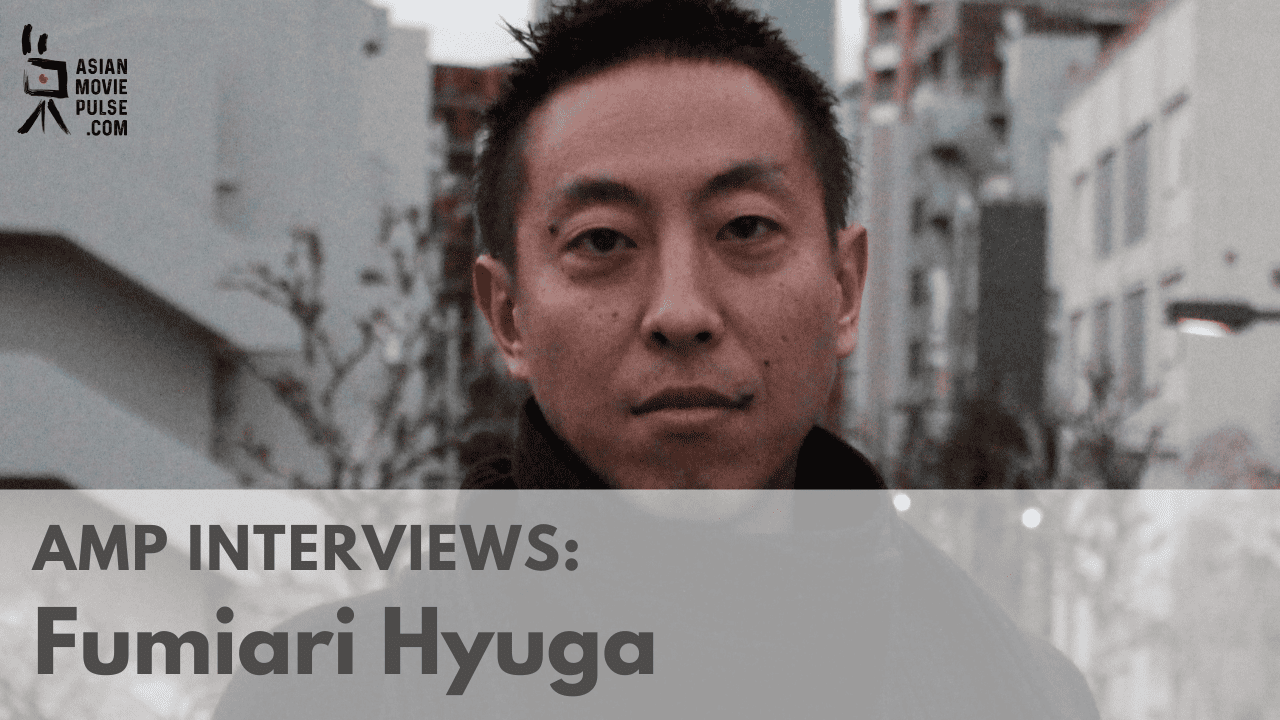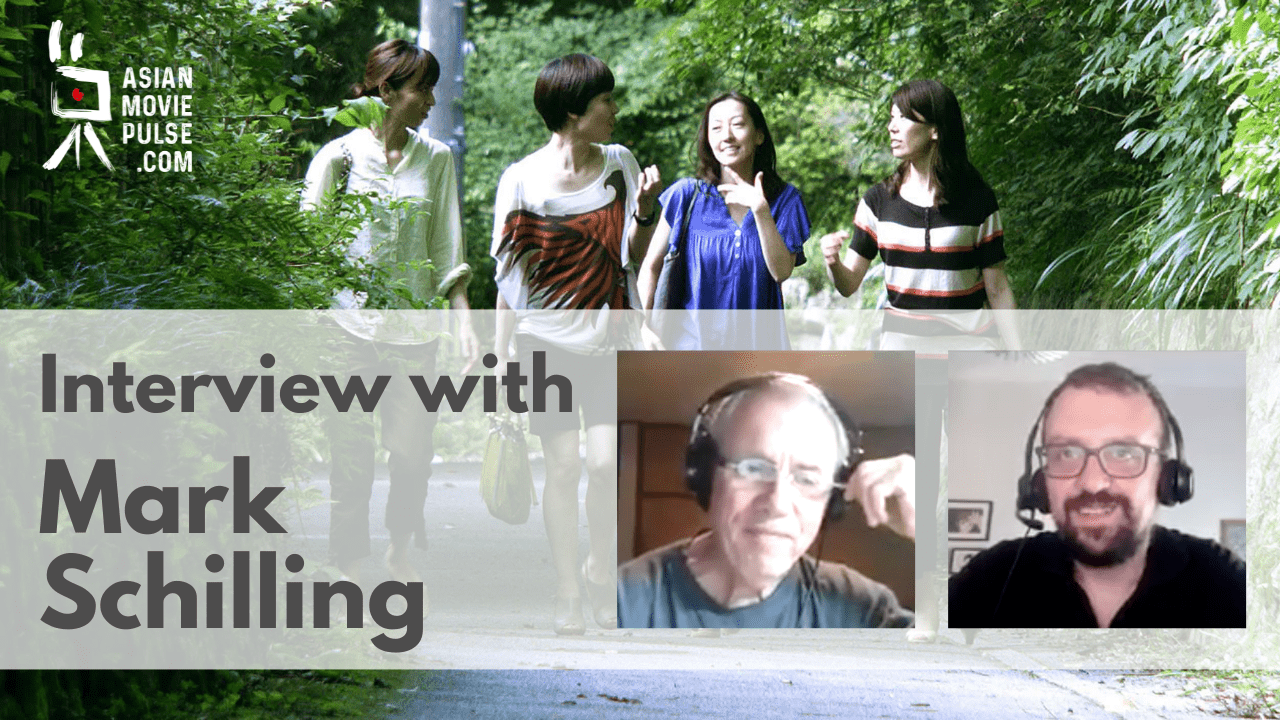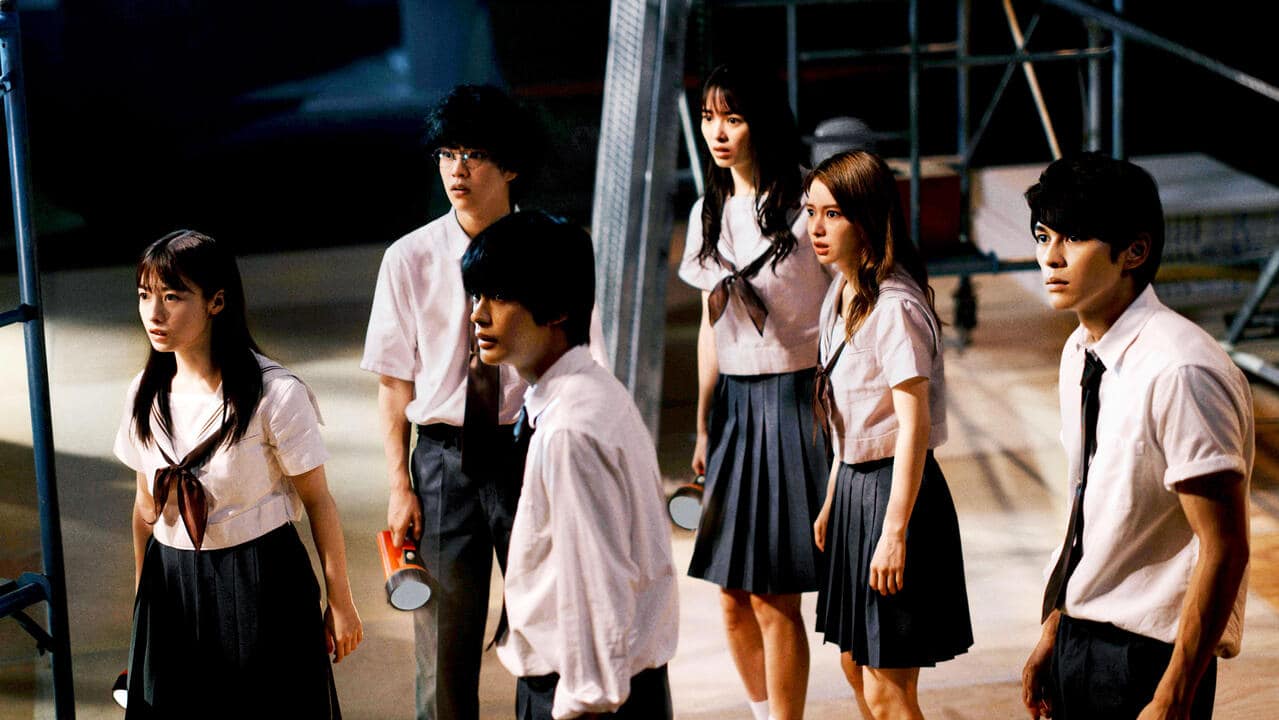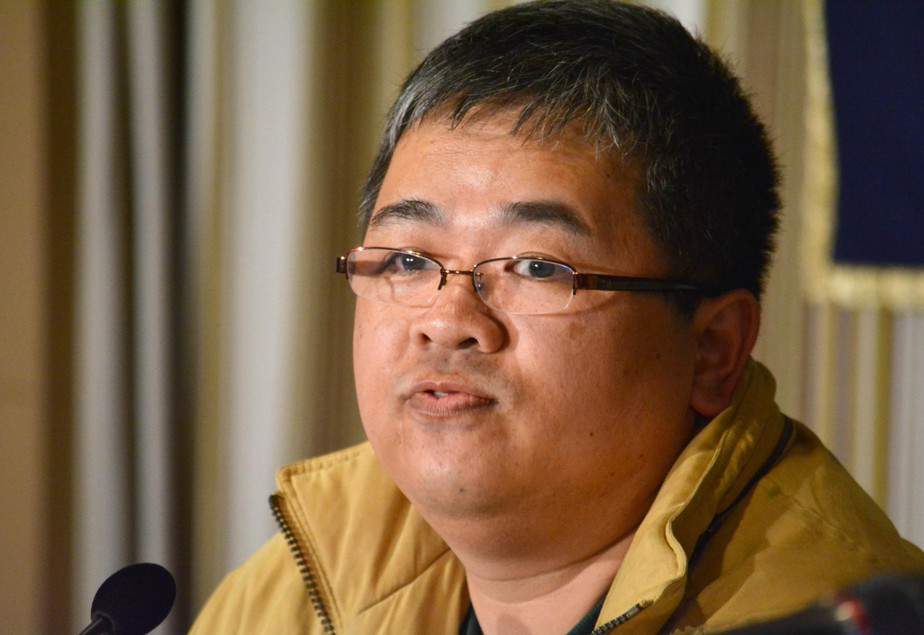Zhannat is an award-winning writer/director and producer from Kazakhstan. She studied MA in Filmmaking at the London Film School and her graduation short film “End of Season” (2018) premiered at Cannes Film Festival (Cinefondation), won Most Promising Director Award in Tel-Aviv and Best Cinematography Award in Munich. In 2019 Zhannat got selected for Bela Tarr's directing residency, where she developed and shot a film “Paola Makes A Wish” (2019), produced by Locarno Film Festival, CISA and Ticino Film Commission. The film got screened at various international film festivals, including Locarno Film Festival, PÖFF Shorts and Sundance Film Festival.
Her latest short film “History of Civilization” (2020) premiered at Locarno Film Festival and won silver prize – PARDINO D'ARGENTO. The film is also selected for TIFF, Hamptons IFF, Clermont-Ferrand, Cairo IFF and many others. Zhannat is currently developing two feature projects: “Mother Tongue” (ARTE France's ArteKino International Award at Asian Project Market) and “A Winner is Seen at the Start” (Film Center Serbia development AWARDS, European Women's Audiovisual Network (EWA) best woman director AWARD and Pop Up Film Residency AWARD at When East Meets West co-production forum).
We talked with Zhannat Alshanova about her story's protagonist Indira and the comparisons (if any) with the director's own experience, working with her DOP and editor and more topics.
I read in your biography that you moved from Kazakhstan to the UK, to study at the London Film School. Was this experience the inspiration for “History of Civilization”?
I have changed countries several times and in “History of Civilization” I wanted to explore the reason behind the departure and the sense of freedom that sometimes is hiding in us rather than in any other country or continent. My experiences, however, were not similar to Indira's.
The middle-aged man who tells Indira about how women should stop studying and have a family and regarding great minds leaving the country, does he represent a majority of people in Kazakhstan?
I would never know what the majority of people think. And neither does Indira. It was important for me to show that any opinion or point of view has a person behind it. If you don't share the opinion and you don't like the person, sometimes you can just pass it and carry on.
Later on, the young man in the party also seems to have similar ideas. Did you mean to say that this kind of jingoistic thinking also extends to the youths of the country?
No. I was just interested in creating a particular emotional environment for Indira, where the question about her departure would flow around her. Sometimes we make a decision and we don't know why exactly we made it. So when people keep asking, it pushes you to keep asking it as well.
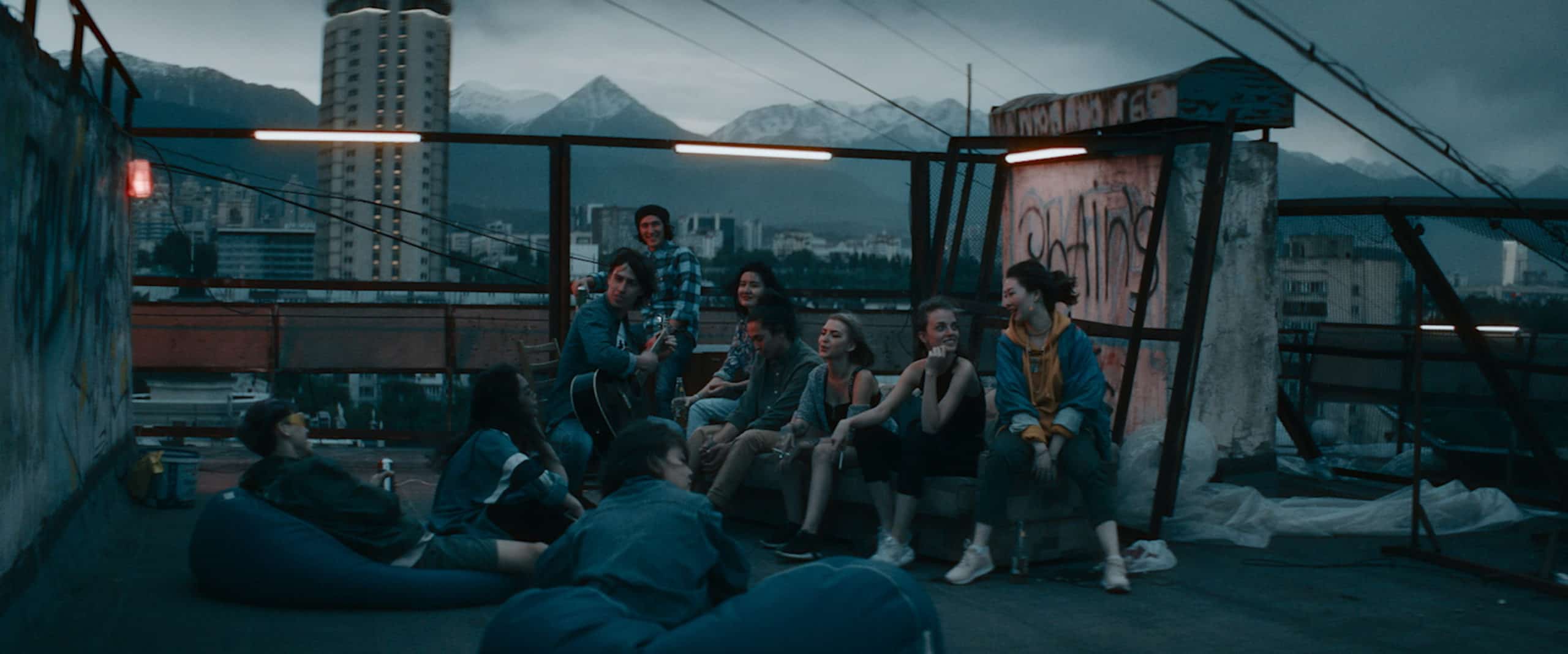
The film left me with three questions. Did Indira have a relationship with the young man she ends up kissing beforehand? Does she stay in the end? The woman who comes to check her apartment, is that really her son or her lover? My opinion is yes, yes, and probably lover :)))
I kept all those options open in the film, so that the audience has a space to make up their own mind about it.
The basketball game in the beginning is shot differently than the rest of the film. Can you give us some details about your purpose and how you shot this scene?
I wanted to give it a sense of a dream or a fantasy. Maybe that was all in Indira's head or maybe not.
Can you tell us a bit about your cooperation with Leandro Ferrao in the cinematography of the film? In general, what was your goal in the visual aspect of the movie?
My goal was to create Indira's emotional journey and I think Leandro perfectly captured it. We discussed what Indira feels in each scene and how it can be possibly captured with the camera.
Same question about Galimzhan Sanbayev and the editing in the film?
It was the same approach. We wanted to make sure that the emotional journey flows and develops from scene to scene and how to achieve it in the most economical and effective way.
How did you guide Akmaral Zykaeva for the role?
We spoke a lot about her different experiences and how it could possibly translate/relate to Indira's journey.
Are you working on anything new at the moment?
I am. I have a couple of different projects in development.


